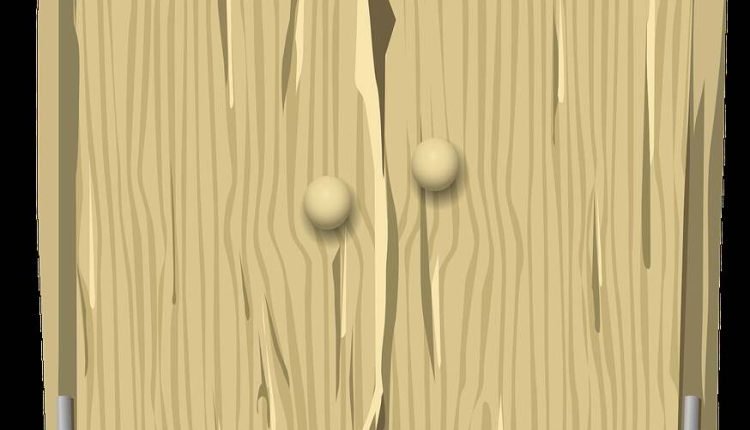What’s the secret to perfectly level cabinet doors? The cabinets must be plumbed and leveled before being installed. Don’t rush through this; take your time. However, the door hinges will always require fine-tuning, no matter how meticulously you work.
Second, the most crucial resource. A good level or leveling laser is essential for hanging your cabinets evenly and securely. No matter how precise you believe you are, you can’t just “eyeball” this project.
Third, gauging your progress. You can’t skimp on quality and hope it does the job. It’s possible that the cheaper the level, the less precise it is. If you pick a level, make it a good one. Maintain a healthy amount of carefulness. Dropping or bumping a level might cause alignment issues. Double-check the screws to ensure they’re snug if you’re using an adjustable level. The liquid tube should be in motion as a general rule. If it doesn’t, it could be because of misaligned levels.
4. Preciseness. Get your blood pressure tested. Accuracy testing for your level:
Put the level on a level surface (a wall, table, countertop, or floor) and ensure it is plumb and level.
Verify the straightness of the topmost level.
Take note of where the leveling bubble is when checking alignment, then turn the level around to verify if the bubble is still in the same place when checking the opposite direction. If it is, the level is accurate.
5 – The vertical dimension. Choosing a height in advance is necessary for hanging level cabinets. Draw a line to indicate where you want to hang the cabinets. Here we may see the equator drawn. You should, of course, ensure that this line is perfectly horizontal.
Six, track down the studs. Pre-drilling the holes for hanging the cabinets is essential before you start. Finding each stud in the wall is the first order of business. You can speed up the process using a high-quality stud-finding tool. The holes in the cabinet’s hanging rail must be drilled in advance. The studs in the wall are what these holes should be aligned with.
Seventh, set up the cupboard. The next step is to mount the cabinet to the wall. The cabinets won’t stay level until you use the included support sticks. Use these sticks to keep the cabinets in place as you complete the rest of the preparations for installation. Verify the cabinets are level and plumb once they have been installed. You can also use a screw to secure the cabinet from the inside temporarily.
Related Posts
You should verify the volume twice. Now is the moment to ensure the cabinet is perfectly square and level. Hang the level on the side of the cupboard. Is it perfectly flat? You’ll also want to try the level in a few other spots on the front of the cabinet. Do all of these stacked verticals sit at the same level? Wooden shims could be helpful in this case. The cabinet can be kept flush and square with the wall using wooden shims.
9. Lock the storage area. After ensuring the cabinet is square and plumb, you can attach it to the wall. Put in some screws or other fasteners. Do not proceed until you have verified that the cabinet is perfectly square and plumb.
10 Perform the steps above for the remaining wall cabinets. Remember that you’ll need to use wooden shims along the wall and floor when installing base cabinets to keep the cabinet perfectly level and plumb. If there are any spaces between the cabinet’s back and the wall, shims should be used to fill them. Shims should be used at each screw as a general rule. The cabinet won’t get twisted if you do this.
Adjustments No. 11. Once the cabinets are in place, the rest of the project may be fine-tuned. Make the best possible alignment of the doors by using the adjustment screw. Door warp can be avoided with the help of the door hinge screws.
One person can hang cabinets. The trick is to go slow and verify your work multiple times. A high-quality level is your best ally in this process. Ensure your cabinets are adequately hung by following the steps in this guide.
Tony Rohlik has been installing cabinets for over ten years, making him a specialist in cabinetry. Tony is an expert at cabinet installation and renovation.
Read also: Art Deco Interior Design.


